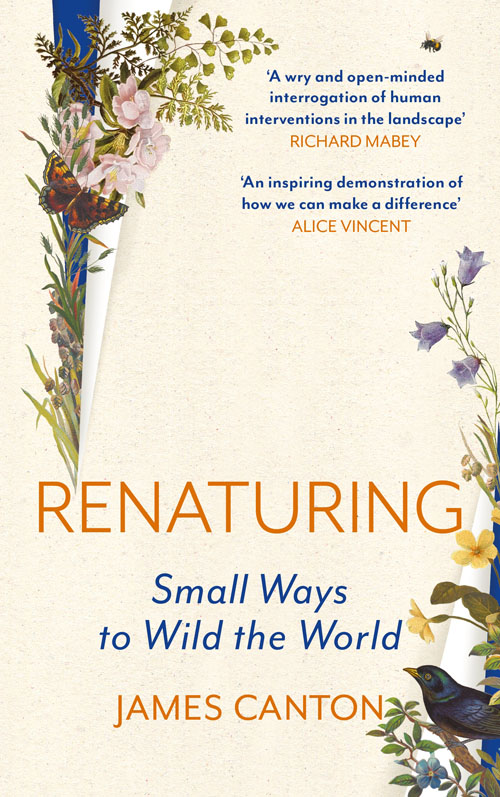That question of whether you can ‘rewild’ a window box is in essence a question of definitions, about how you see the notion of rewilding.
True rewilding projects need space – thousands of acres of space. They need a big scale so as to allow the presence of top predators that will bring top-down trophic control over the region. Think wolves and lynx roaming a vast wilderness. Obviously, window-box rewilding can’t offer that.
Yet there is a problem in a country like Britain, where so much of the land is owned by a wealthy elite. How can the vast majority of the people be an active part of the nature restoration of the country? What about those people who live in urban areas? What of those without a garden, without any outdoor space but a windowsill? That’s where the idea of micro-interventions towards nature recovery springs to life.
Take an iconic tower block like Trellick Tower in Westbourne Park, just north of Notting Hill in West London. There are 217 flats. If each flat occupant had a window box six inches by eighteen inches, and each window box were planted with pollinator-rich wildflowers, then collectively they would form eighteen square yards of wildflower meadow. In fact, each flat at Trellick Tower has a south-facing balcony, so you could ask each occupant to plant five or ten times that window-box space.
Suddenly, you’re looking at over four acres of wildflower meadows spreading across a tower block of balconies. Then perhaps get someone to put a beehive or two on the roof? An active ecosystem is starting to be formed.
There are obviously issues with seeing this as rewilding because it really isn’t rewilding. But such active engagement in renaturing a local landscape – even if that means window boxes – allows urban populations to be directly involved, to be engaged in nature restoration. That’s the key. That’s why getting people to plant wildflowers in window boxes is a great idea, whatever you choose to call it

- This is an extract from Renaturing – Small Ways to Wild the World by James Canton. Published by Canongate (£18.99).

